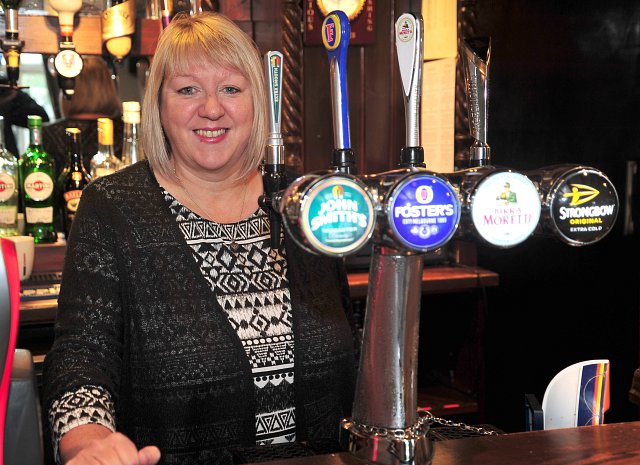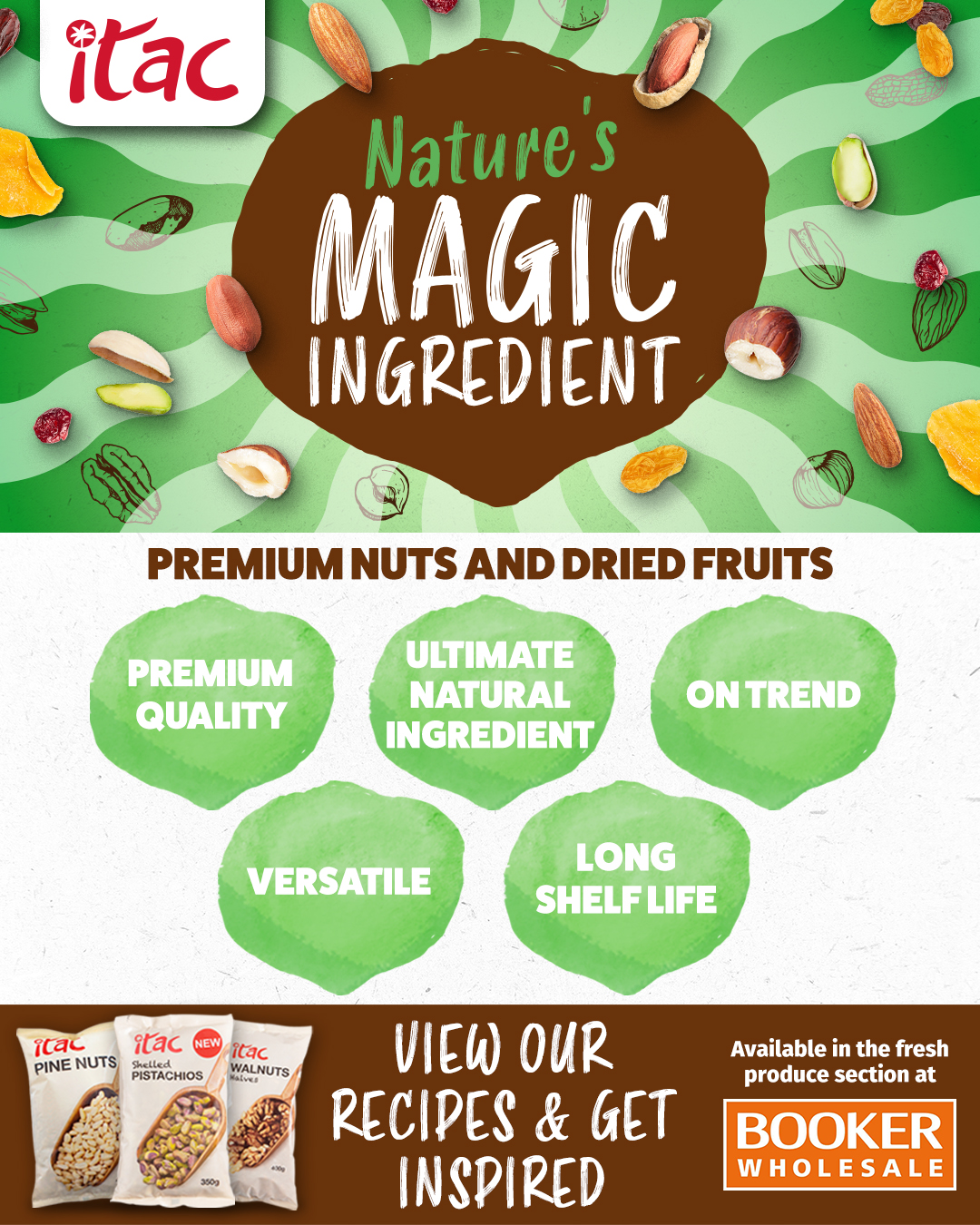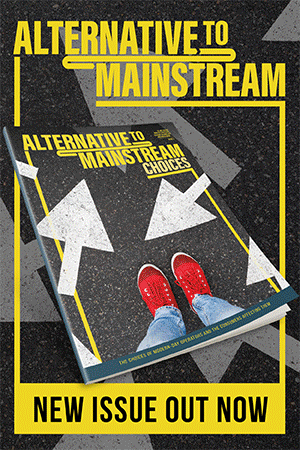Operator Q&A: The recruitment challenge
Representatives of Star Pubs, Stonegate and The Alchemist talk recruitment and apprenticeships.

Three leading operators share insights on attracting and retaining talent amid the industry's workforce struggles

Star Pubs & Bars
Name: Tracy Bickerdike
Job title: Head of training
Business profile: Star Pubs is part of HEINEKEN UK. Most of its 2,400 pubs are leased out to small businesses and entrepreneurs. Around 190 venues operate on the company’s Just Add Talent model (a managed operator agreement). Its ambition is to bring out the best in the great British pub by attracting and retaining the best operators, investing to create great pubs at the heart of their communities and providing licensees with market-leading insight and support.
Q. How can operators give themselves the best chance of retaining top talent long-term?
Tracy Bickerdike (TB): Individuals with ambition will want to map out their future, so offering them a structured career development plan and an engaging form of training that goes beyond compliance is essential.
It’s important to have a good training platform to engage Gen Z as they have grown up with digital. Training should be bite-sized and engaging, helping individuals and teams to upskill. We are early adopters of gamified training and our managed operator pubs have seen a 26% increase in staff engagement with training content. Staff members are taking the initiative, logging onto the platform weekly to see what's new and seeking out information on wellbeing and apprenticeships. It shows that training doesn’t need to be expensive or time-consuming.
Q. What advice would you give an operator looking to recruit new talent or apprentices?
TB: Engage with Job Centre Plus, which provides a recruitment support service with a network of local employer advisers who will work with you to fill your vacancies using the most suitable recruitment solution, including:
- Help with job descriptions
- Speeding up your recruitment process
- Promoting your vacancies in local Jobcentres and their social media
- Use of Jobcentre Plus offices for interviews (where available) and local recruitment events
- Planning your future recruitment campaigns
Job adverts can be posted through the online service, which is used by millions of people every week. The platform is free to use and adverts can be managed 24/7.
You can also get advice on apprenticeships and the funding available. There's also the ‘Disability Confident’ employer scheme, which encourages employers to think differently about disability and improve the way they recruit, retain and develop people with disabilities.
Be open-minded and spread your net wider when it comes to recruitment. Consider hiring ex-offenders via organisations like Ex-seed or people facing homelessness through Only A Pavement Away.
And why not post an advert on hospitalityjobsuk.com? It’s a great platform, is hospitality-focused and has a wide reach.

Stonegate Group
Name: Tim Painter
Job title: HR director
Business profile: Originally formed in 2010 with 333 pubs, Stonegate Group is the UK's largest pub company, with a vast portfolio of over 4,500 sites ranging from leased and tenanted to managed. The company's mission is to bring people together through its passion for great pubs, bars and venues.
Q. What are the challenges facing businesses like yours in the current recruitment landscape, and how do you strive to overcome them?
Tim Painter (TP): Our industry reputation for exceptional employee development, fair treatment and a genuine willingness to listen and improve sets us apart. As a result, attracting talent is not our primary recruitment challenge. Instead, our focus is on thoroughly reviewing the high volume of applicants we receive for each role, ensuring we select the very best candidates.
Artificial intelligence is both a blessing and a challenge in this process. Candidates increasingly use AI tools to enhance their applications, while we also seek to streamline our recruitment with similar technology. The balance between leveraging AI for efficiency and maintaining a human touch in our selection process is key to finding the right fit.
Internally, another recruitment challenge lies in management roles. As our staff turnover has decreased, fewer positions are opening up for internal candidates, leading to a sense of 'Where are the opportunities?' among employees seeking advancement.
What we are experiencing is quite unique within the hospitality industry. These new dynamics are sparking creativity within our teams as we explore innovative solutions to address these challenges. It’s a time of adaptation and growth as we work to maintain our commitment to both current employees and prospective talent.
Q. How are your apprenticeship opportunities perceived among the existing team and potential recruits?
TP: While we don't specifically recruit for apprenticeship positions, we offer a wide range of apprenticeships to our employees who seek a more structured and formal path toward achieving recognised qualifications beyond our internal programs. Since the introduction of apprenticeships, over 1,600 of our employees have completed qualifications, with some going on to complete up to four over several years.
The key advantage of an apprenticeship is its credibility and versatility, as these qualifications are highly valued not just within our industry but, in many cases, beyond it. Apprenticeships will always be a vital part of our Learning & Development (L&D) strategy, offering an additional route for employees to acquire new skills.
This approach broadens our L&D offerings, ensuring we meet the diverse needs of our workforce. It’s particularly beneficial for those employees who aspire to achieve a nationally recognised qualification, giving them a solid foundation for career advancement. By integrating apprenticeships into our L&D strategy, we continue to empower our staff to grow and excel in their roles, all while enhancing the overall capabilities of our business.

The Alchemist
Name: Hannah Plumb
Job title: Talent and culture director
Business profile: Established in Manchester in 2010 and renowned for its theatrical drinks offer, The Alchemist now operates 23 venues in major cities around the UK. The business launched its first international location in Berlin, Germany, in 2023. Plumb oversees all aspects of the employee lifecycle, from recruitment and onboarding, through to career development, training and service delivery. She also looks after community engagement and ED&I, and is an advocate for mental health.
Q. How have staff training requirements evolved in recent years?
Hannah Plumb (HP): Generational changes and the post-Covid world have meant we have had to make some significant changes to our onboarding and training styles. We find our employees hold us much more accountable and question our practices, which has its positives – it means we review and update our processes regularly based on team feedback.
Our training has evolved to be much more flexible and adaptable, taking into account new starter skill levels and tailoring our approach to each team member to get the best out of the training period, while improving cost control. We have also heightened our focus on neurodiversity, providing more varied ways of learning – including audio and visual – on top of improving our 'Train the Trainer' programme to support.
Q. What are the key components of building a positive, supportive and fun working environment that encourages learning and development?
HP: Feedback, feedback, feedback! Fostering a culture of open, two-way feedback is invaluable. Listening to understand our teams and constantly improve our employee journey is also, undoubtedly, invaluable. We also ensure we take feedback from exit interviews at all levels to ensure our job descriptions are relevant and practices are fair. Thinking outside the box with how to take feedback has also proved a real asset – our team appreciates both formal and informal feedback, so we've spent a lot of time upskilling our managers in how to deliver feedback as a constant so it becomes part of our DNA. Creativity is another thing that's super important – cost pressures mean implementing new benefits is difficult, so finding fun in the free is paramount.













